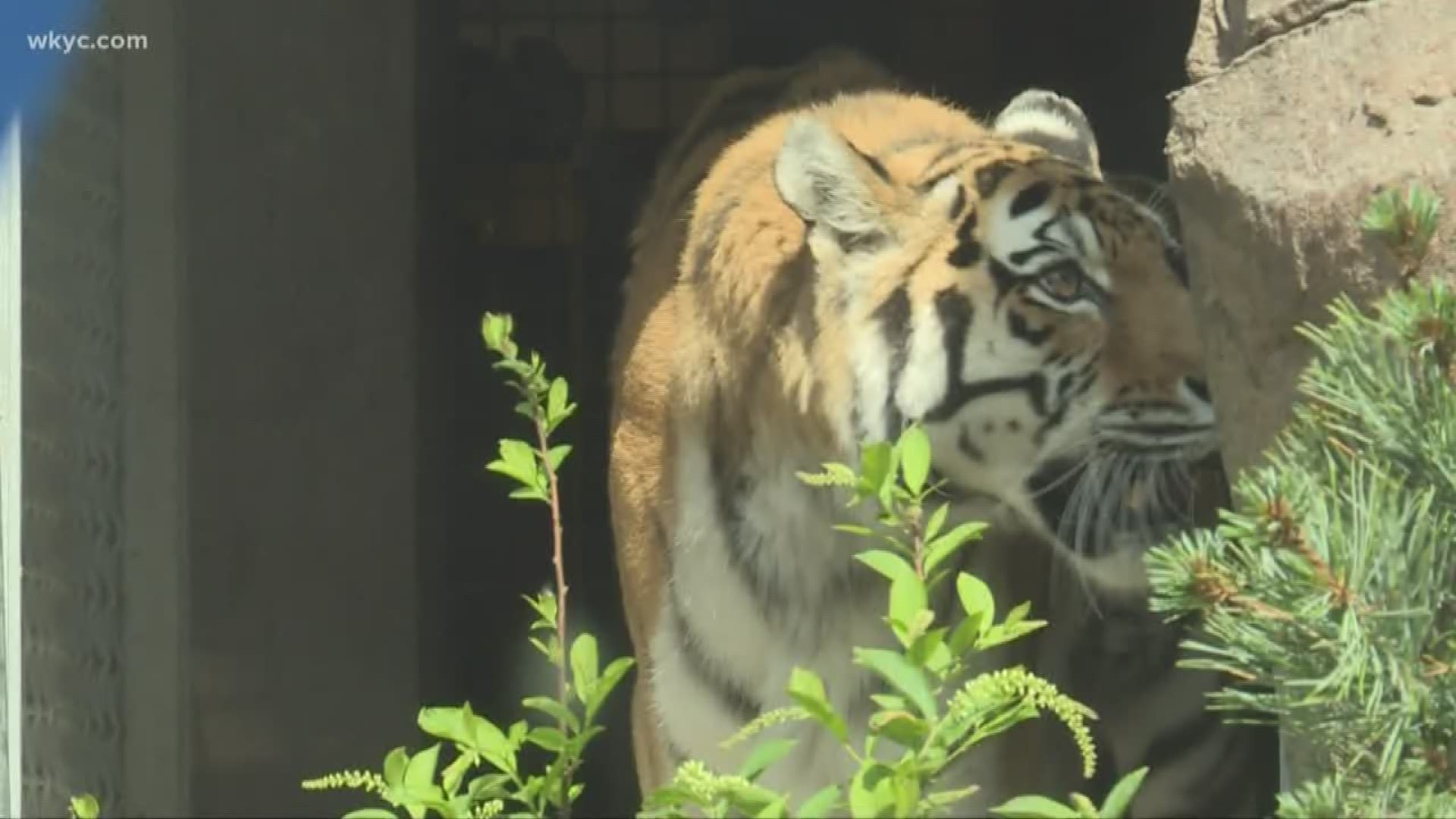DAVIS, Calif. — A tiger at the Bronx Zoo tested positive for the coronavirus over the weekend, according to federal officials. They believe it was transmitted by an asymptomatic zoo employee.
After news broke out about the tiger contracting the coronavirus, an ABC10 viewer asked if people should begin getting their animals tested. And if so, how should can owners protect their pets if they're are sick?
Dr. Niels Pedersen, who spent 50 years studying coronavirus in cats at the UC Davis School of Veterinary Medicine, says the news of a tiger becoming infected with the coronavirus wasn't surprising.
"They've done experimental infections on various species using the COVID virus and found that the cats of the species — many species they tried to infect — that the cat and the ferret were the only two that they could really infect."
He says cats showed mild symptoms similar to what we recognize as a common cold.
While it is highly unlikely, he says cats are more susceptible to getting this virus than dogs or other animals.
"Cat cells just happen to be a more favorable environment for the COVID virus to grow in than cells of other species," he said.
The American Veterinary Medical Association just updated its guidelines on how to prevent animals from being exposed to the coronavirus.
They say, if an owner tests positive, they should:
- Restrict contact with animals, just like they would with people.
- Have another person feed and take care of the animal.
- If you have a service animal or you are the only caretaker: Wear a cloth face mask, don't share leftovers, kiss or hug them and wash your hands before and after petting them.
"There is no such thing as social distance when you're a family," Dr. Pedersen said.
Realistically speaking, Dr. Pedersen doesn't necessarily agree with those guidelines.
"It's almost a little bit of an overreaction for the AVMA for them to start saying that we're going to have to limit the exposures to our pets when there's absolutely no evidence that that's going to make any difference," he said.
Pedersen says it doesn't make a lot of sense to test our pets for coronavirus, because if they do have it, they're either asymptomatic or showing only mild symptoms.
And the AVMA says there is no evidence that domestic animals including both pets and livestock can spread the coronavirus back to humans.
Follow the conversation on Facebook with Lena Howland.
FOR THE LATEST CORONAVIRUS NEWS,
DOWNLOAD THE ABC10 APP:
►Stay In the Know! Sign up now for ABC10's Daily Blend Newsletter



